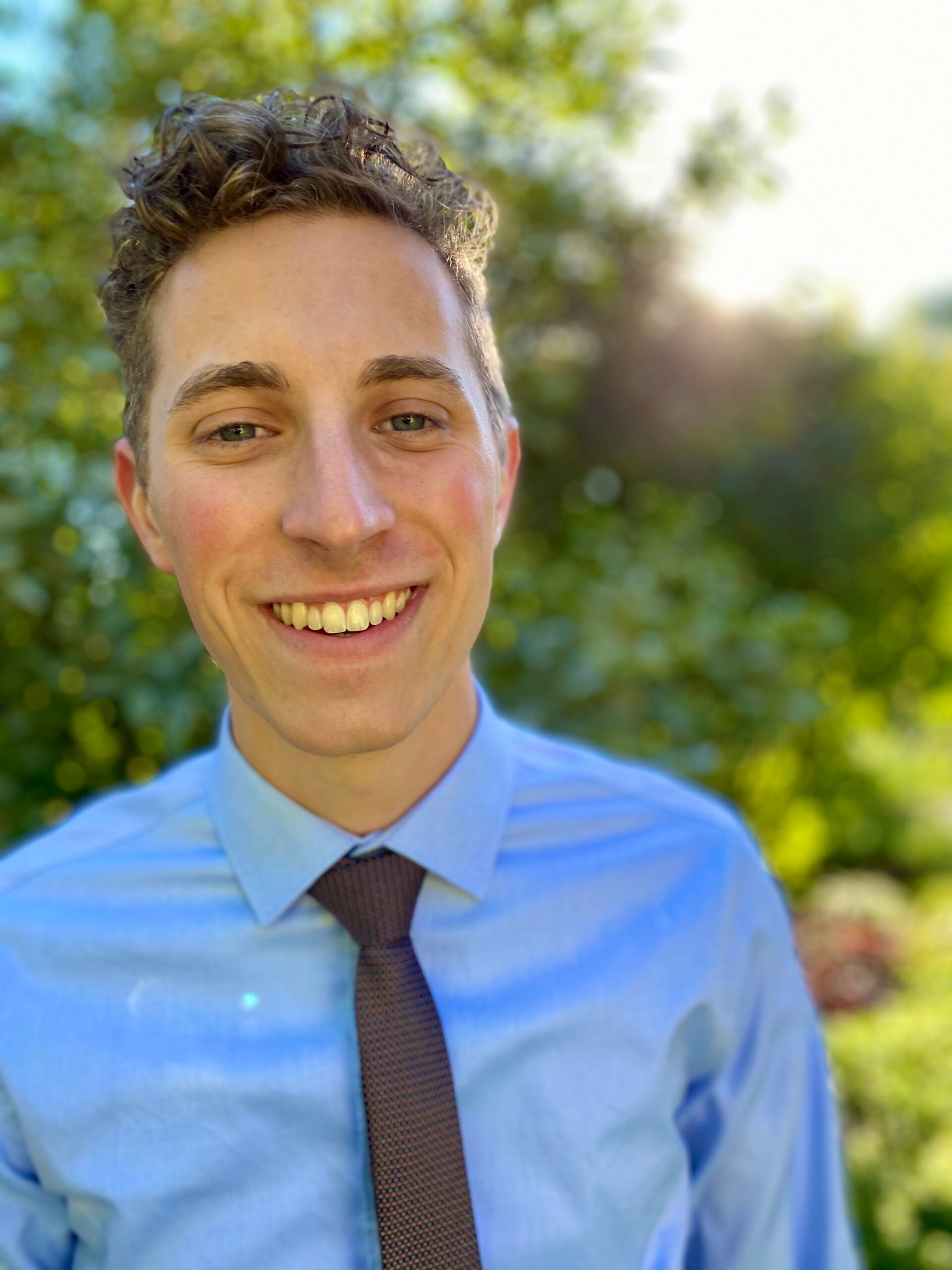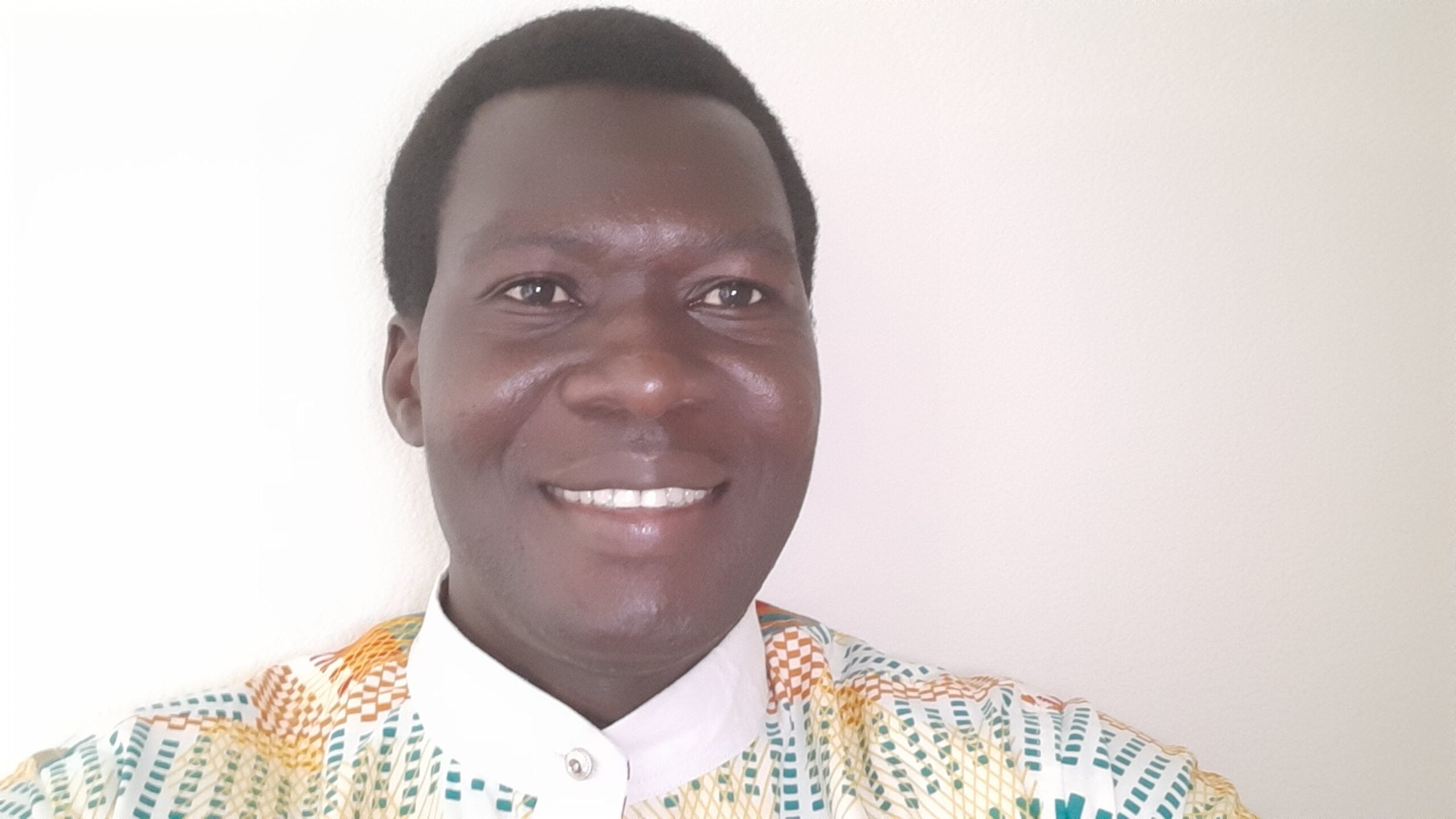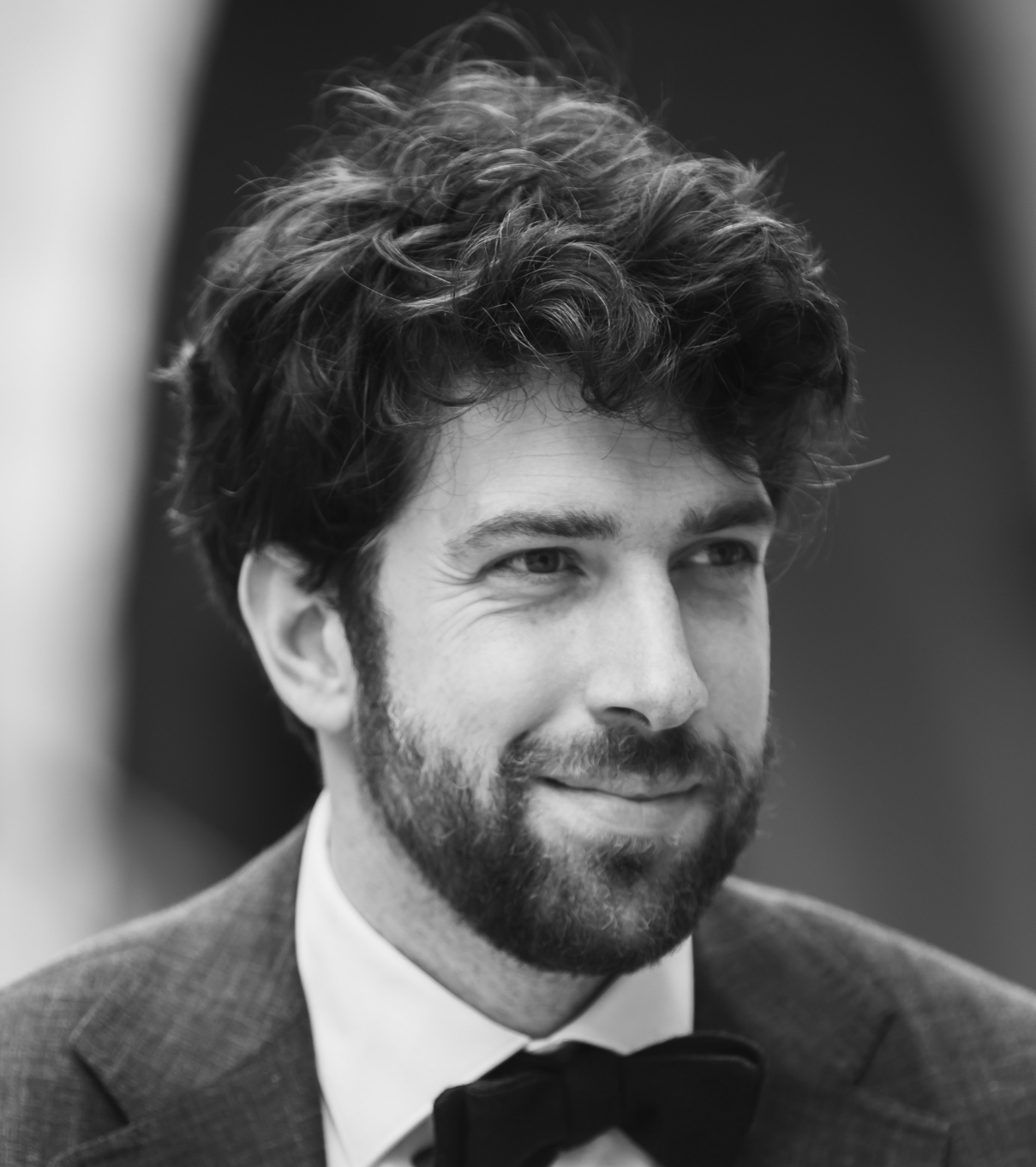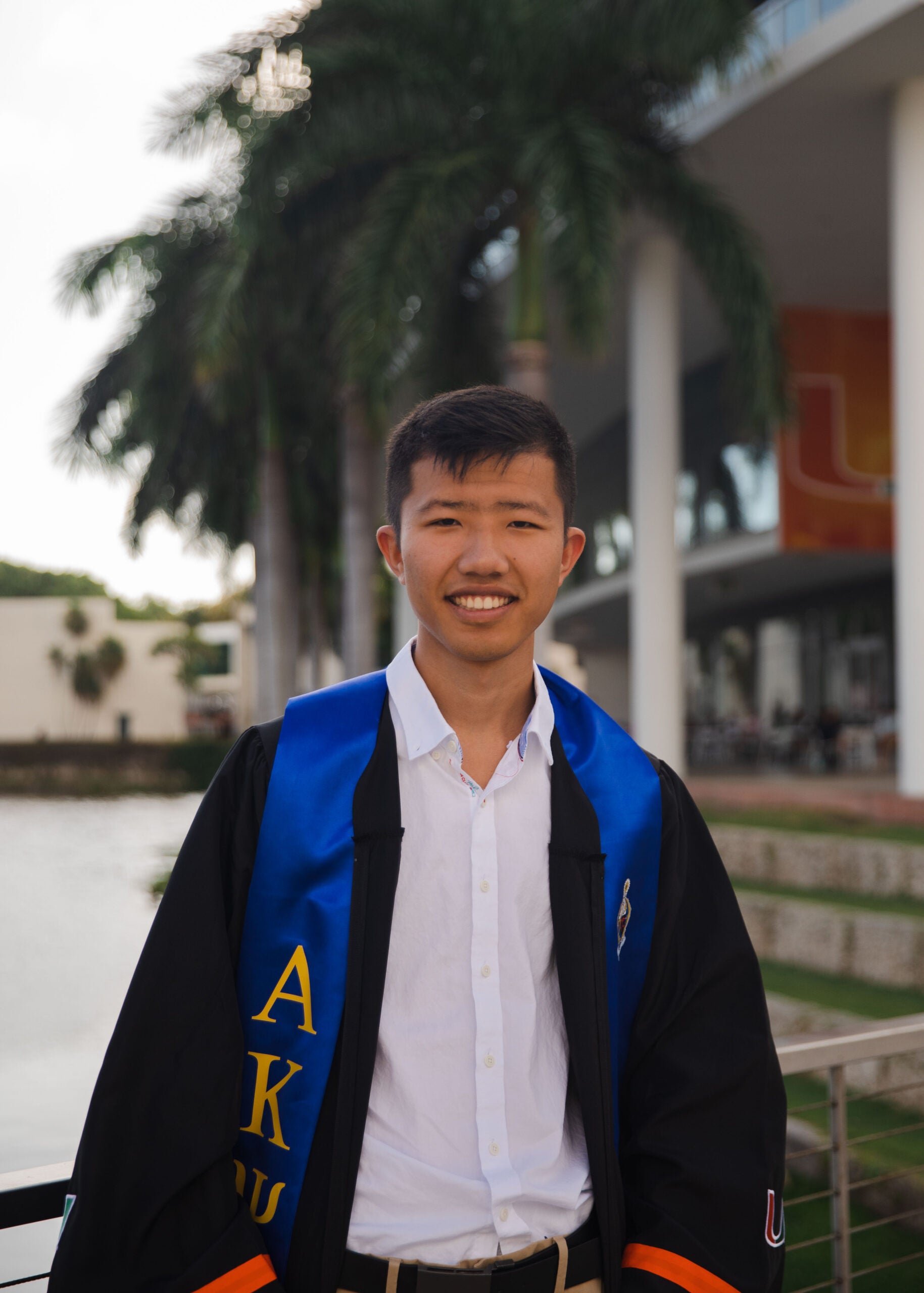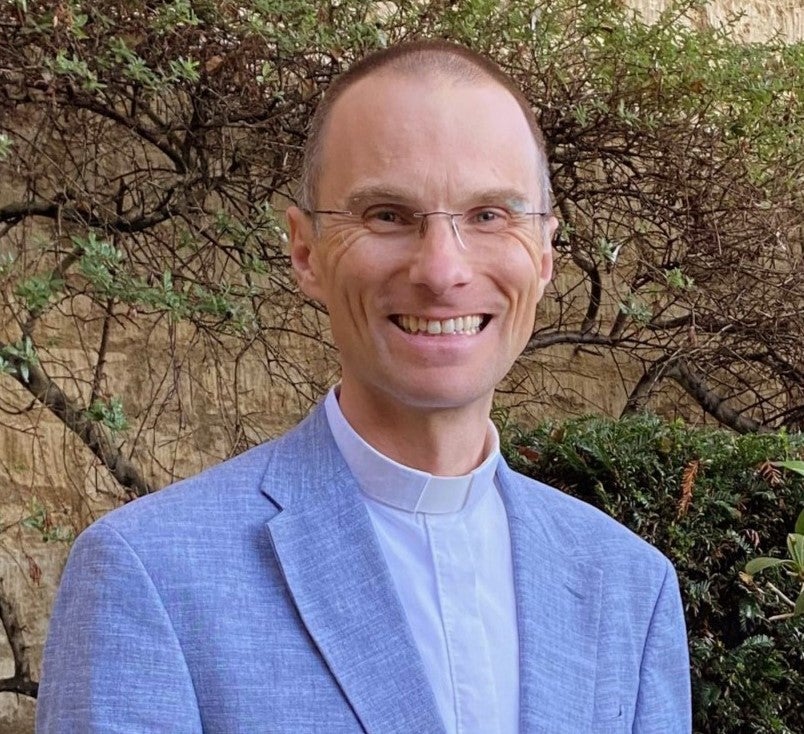Faculty and Staff
Program Associate
Student Research Assistant
Associate Director
Fellow
Director of Communications
Interim Director
Dean, Earth Commons Institute for the Environment and Sustainability and Laudato Si’ Professor of Biology and the Environment Laudato Si’ Professor, Biology and the Environment; Professor, McCourt School of Public Policy
Postdoctoral Researcher
Postdoctoral Researcher
Student Research Assistant
Collaborators
Professor Emeritus of Social Ethics at the Jesuit School of Theology of Santa Clara University
Visiting Professor, Hekima University College, Nairobi
Director, Integral Ecology Research Network (IERN), Laudato Si Research Institute, Oxford University
Former Director, Former Associate Research Professor, EJP


